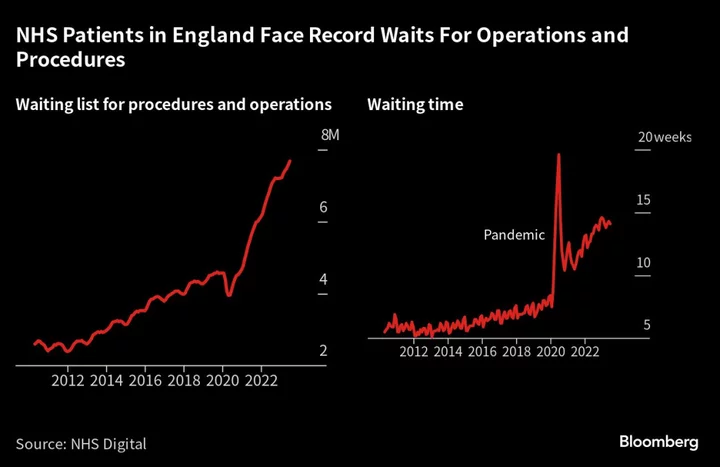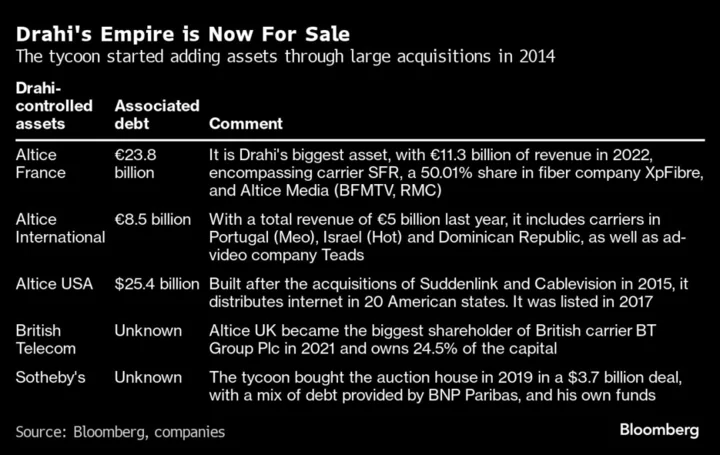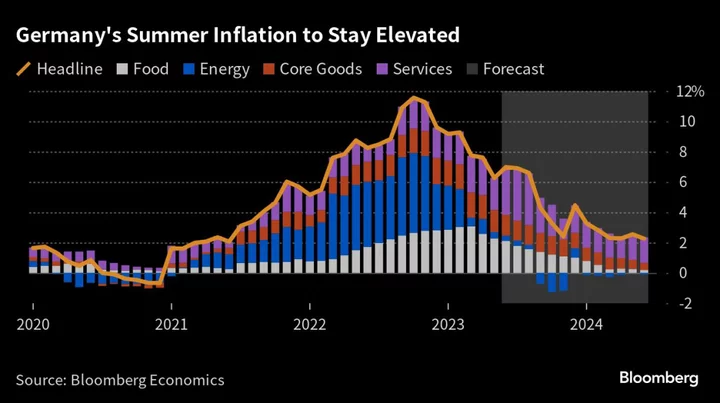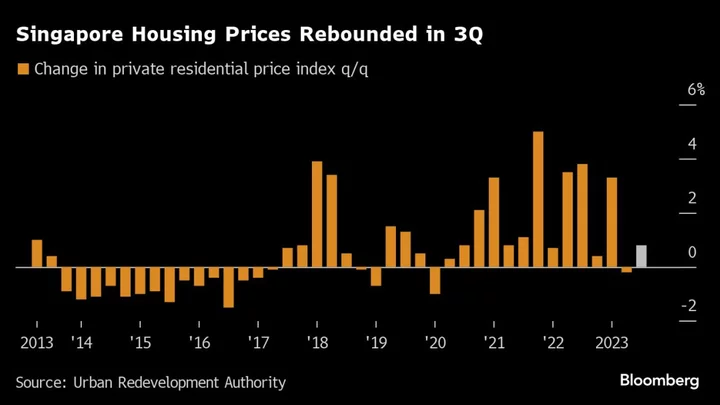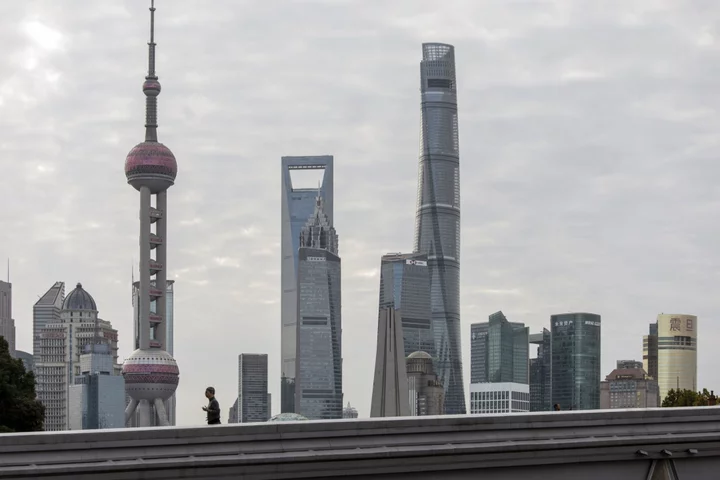The UK is considering forcing some doctors and nurses to work during strikes from next year as they prepare to walk-out together for the first time this week, in a historic move that will cause major disruption for patients.
Prime Minister Rishi Sunak, who’s under pressure to get a grip on industrial action, launched a consultation to weigh introducing minimum service levels to require some doctors and nurses to cover urgent, emergency and time-critical hospital-based services during strikes next year, the government said in a statement. Sunak’s administration has already introduced a law to make it harder for essential workers such as firefighters and teachers to walk off the job.
Consultants — the most senior grade of doctors — will walk out of England’s hospitals from 7 a.m. Tuesday for 48 hours. Junior doctors — qualified medics who are still in training — will join them for 24 hours from 7 a.m. Wednesday. They will deliver Christmas Day levels of staffing, meaning only emergency care will be provided.
Junior medics will then continue their strike with a “full walkout” on Thursday and Friday. Both groups will strike again on Oct. 2-4, coinciding with the ruling Conservative Party’s annual conference in Manchester.
National Health Service leaders warned that almost all planned care will be stopped, with hundreds of thousands of appointments postponed. “The NHS has simply never seen this kind of industrial action in its history,” NHS national medical director Stephen Powis said in an emailed statement.
The walkouts are a major blow to Sunak ahead of a general election expected next year, with the opinion poll-leading opposition Labour Party eyeing a return to power after 14 years. Ongoing strikes can reinforce an impression of public service decline under the Tories, and trade unions aim to underline this by coordinating action during the party’s high-profile gathering.
“This week’s coordinated and calculated strike action will create further disruption and misery for patients and NHS colleagues,” Health Secretary Steve Barclay said. “My top priority is to protect patients and these regulations would provide a safety net for trusts and an assurance to the public that vital health services will be there when they need them.”
Deputy Chief Executive of NHS Providers, Saffron Cordery, warned that enforcing minimum service levels doesn’t address the reasons why health workers are striking, mostly pay and working conditions.
It “risks worsening industrial relations at a time when we need government and unions to get around the table and enter into talks to avert further escalation and disruption to patient care,” she said.
Inflation
Train drivers have also announced strikes over pay and conditions at the beginning and end of the conference, when attendees will be traveling.
Britain’s Cherished NHS Wrestles With Its ‘Reform or Die’ Moment
Sunak had hoped to draw a line under the UK’s worst period of worker unrest since the late 1980s by signing off on pay rises for millions of public sector workers in July. That brought an end to walkouts by teachers, and nurses brought their strikes to a close in June. But industrial action continues apace by doctors and railway workers.
The British Medical Association, which represents doctors, has said consultants and junior medics have suffered significant real-terms pay cuts and that recruitment and retention are being affected. Sunak has argued that excessive pay deals risk fueling inflation that, at 6.8%, is still running at more than three times the official target.
The premier is also eager to limit spending on a health service in which costs keep spiraling — from 2% of GDP in the mid-1950s when it was created to 10.2% in 2019 and an estimated 13.8% by 2067. But failing to negotiate with doctors is fraught with political risk, not least because one of his five core promises is to reduce NHS waiting lists.
The waiting list for procedures and operations stood at a record 7.68 million in England at the end of July, according to the latest figures — up more than 100,000 in a month. Sunak has blamed the rise on striking doctors but the BMA said increasing waits are down to the government’s failure to invest in staff.
Cordery warned this week’s doctors’ strikes were “likely to cause disruption to patient care unlike anything we’ve seen before.”
“There is a deep and growing frustration among trust leaders at the sheer lack of inaction to even start to break this deadlock,” she said in an emailed statement. “We cannot allow strikes to become business as usual for the NHS.”
A Department of Health and Social Care spokesperson said the average junior doctor was getting an 8.8% pay rise this year, with consultants’ pay hiked by 6%. The government’s door was “always open to discuss non-pay issues but this pay award is final so we urge the BMA to call an end to this disruption,” they said in a statement.
NHS England’s Powis urged patients to use the health service “wisely” during the strike and to only use 999 or emergency departments for “life-threatening” situations.
--With assistance from Eamon Akil Farhat and Ellen Milligan.
(Updates with government consultation on minimum service levels throughout.)

